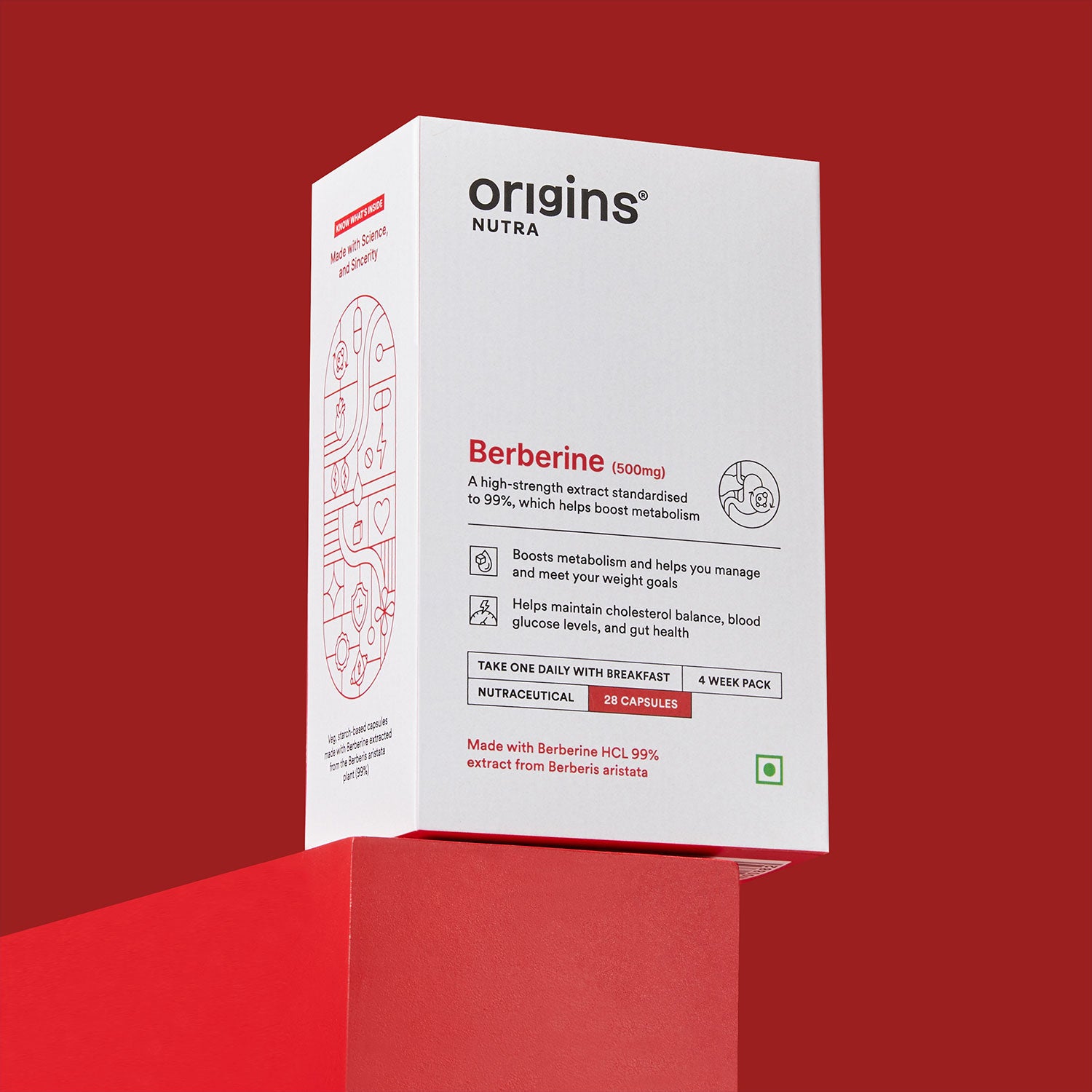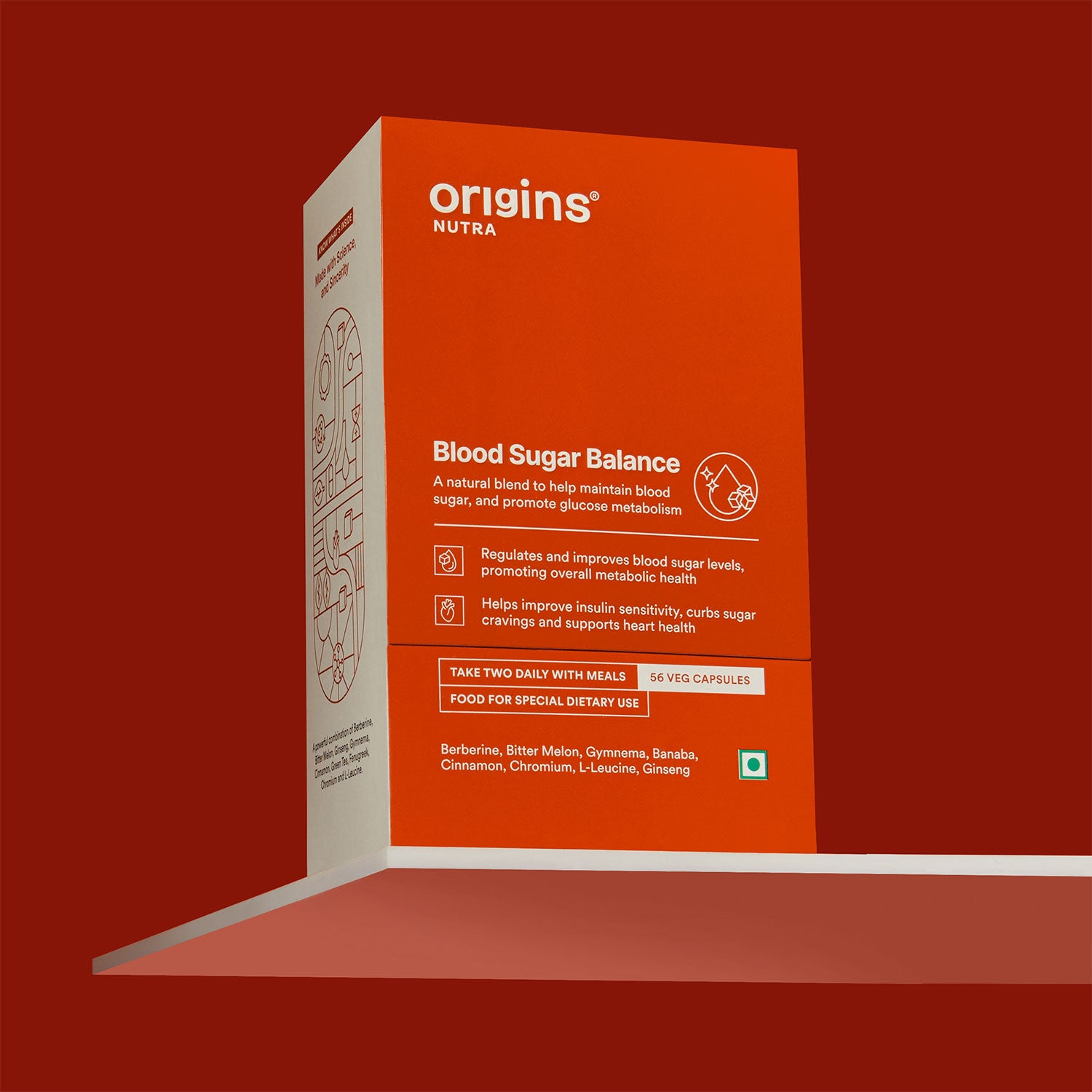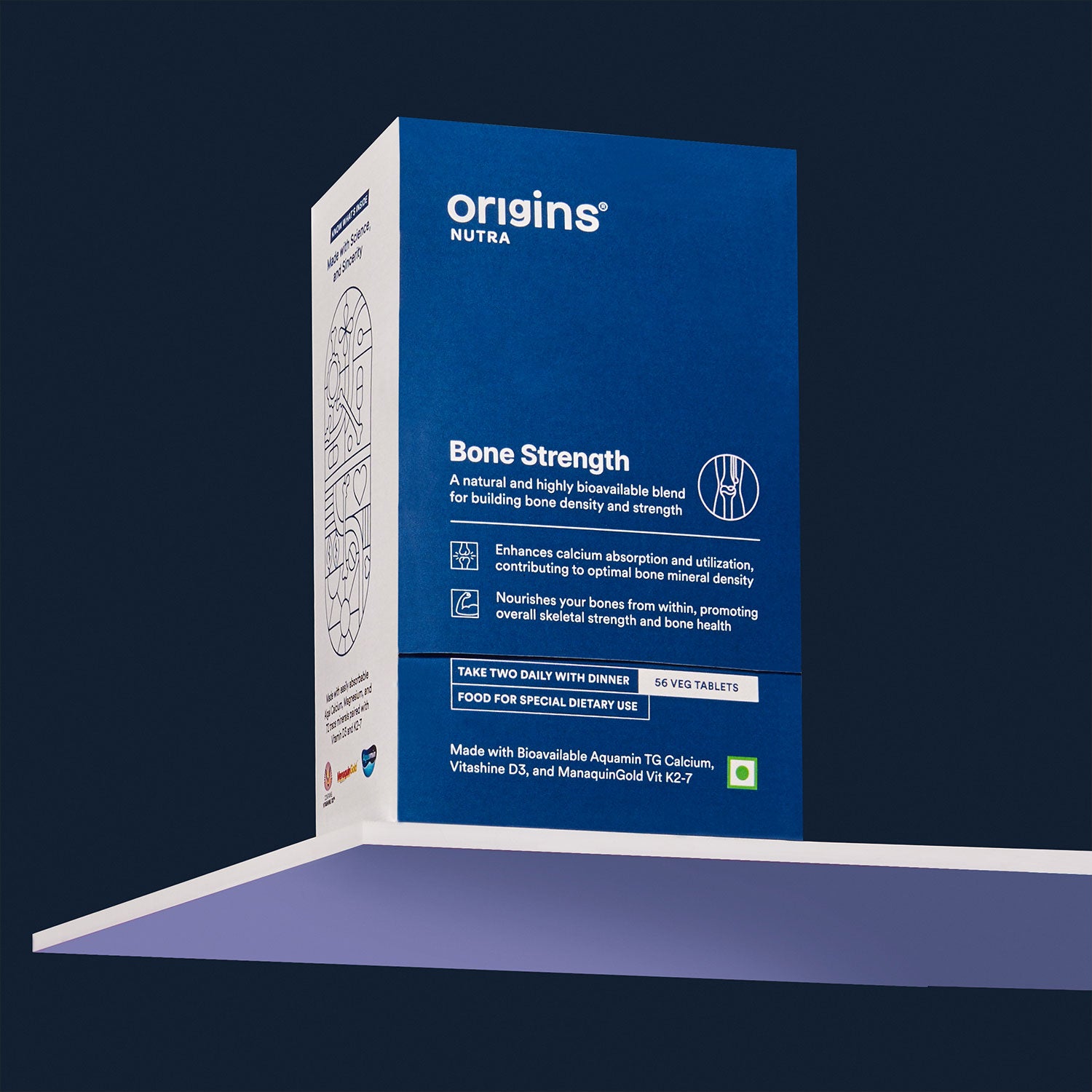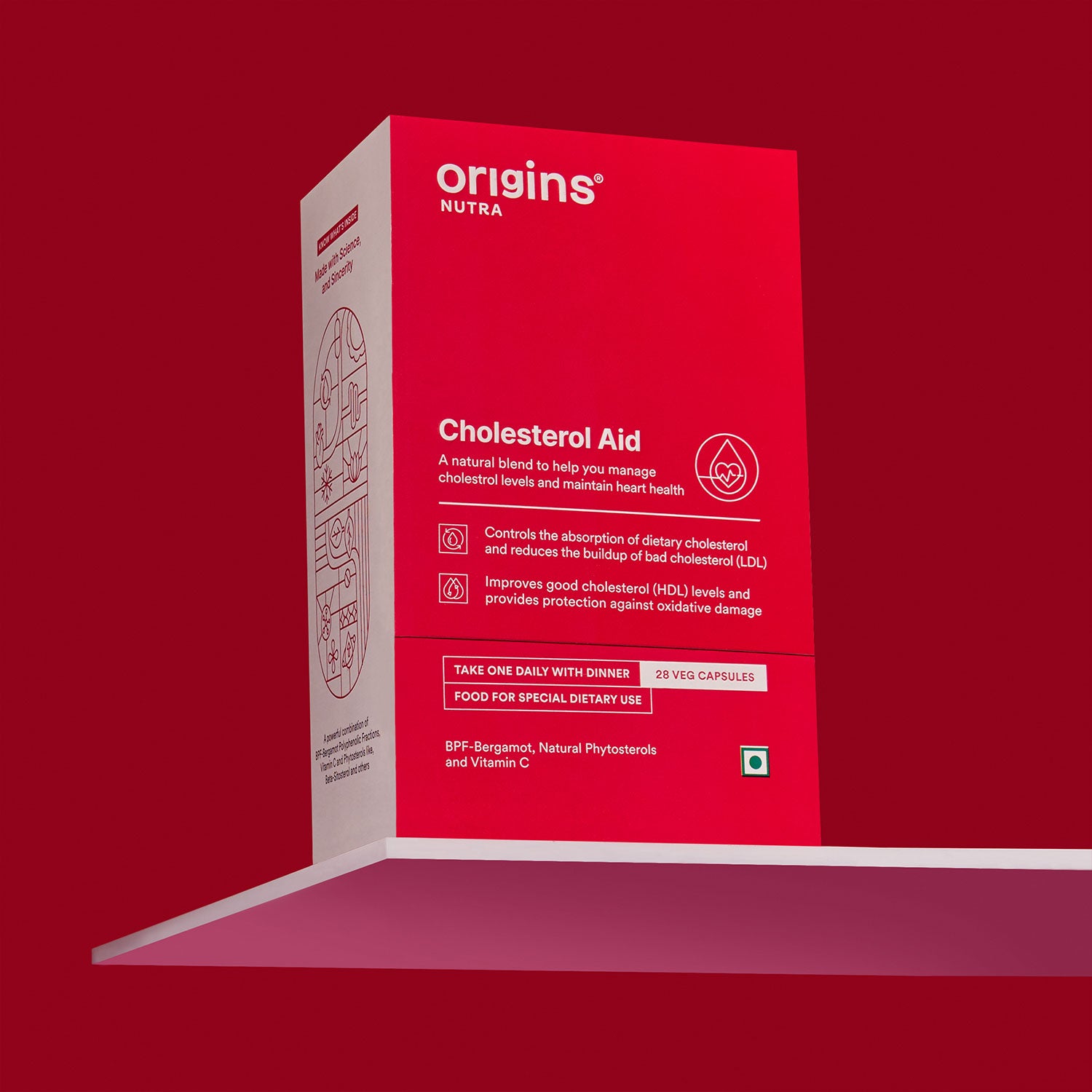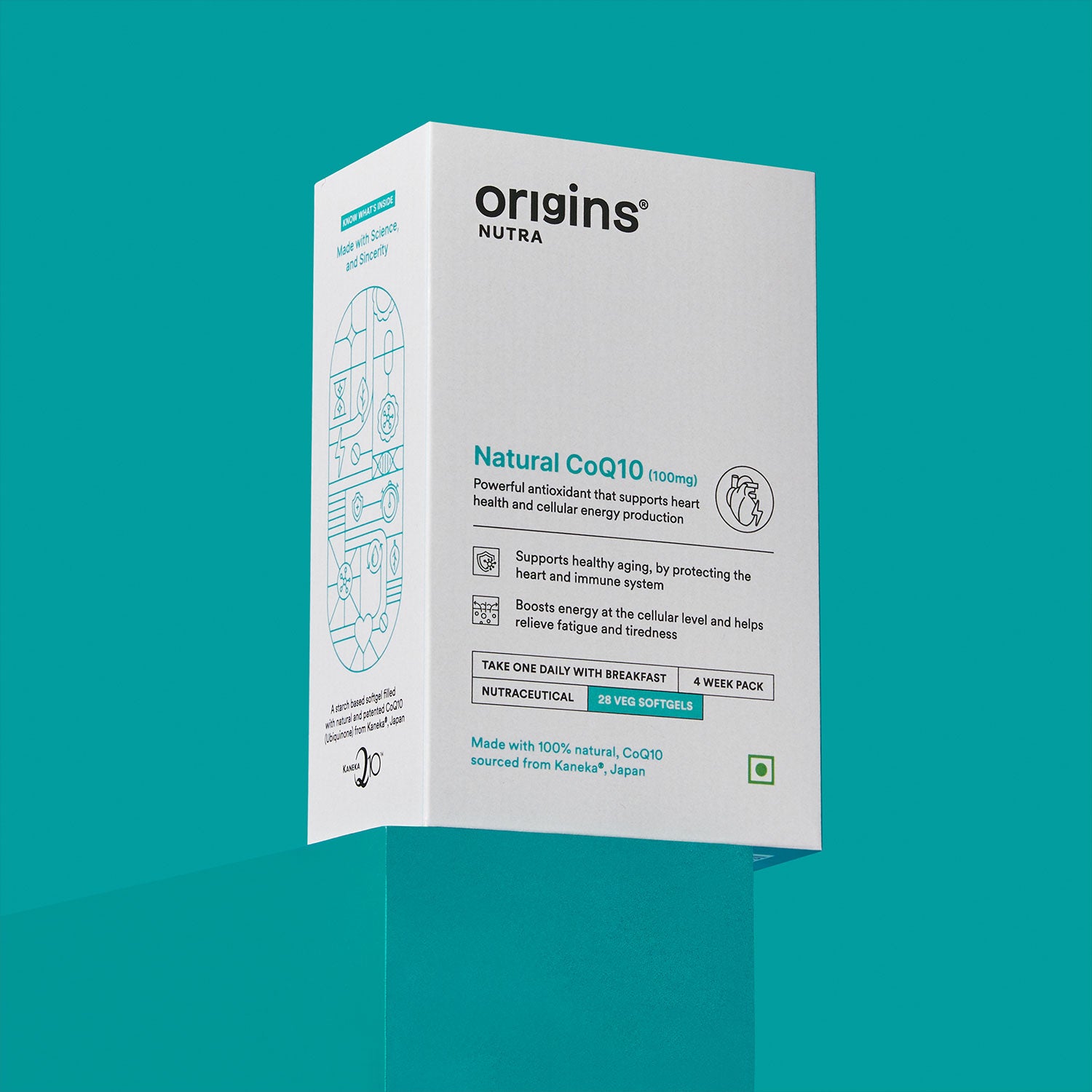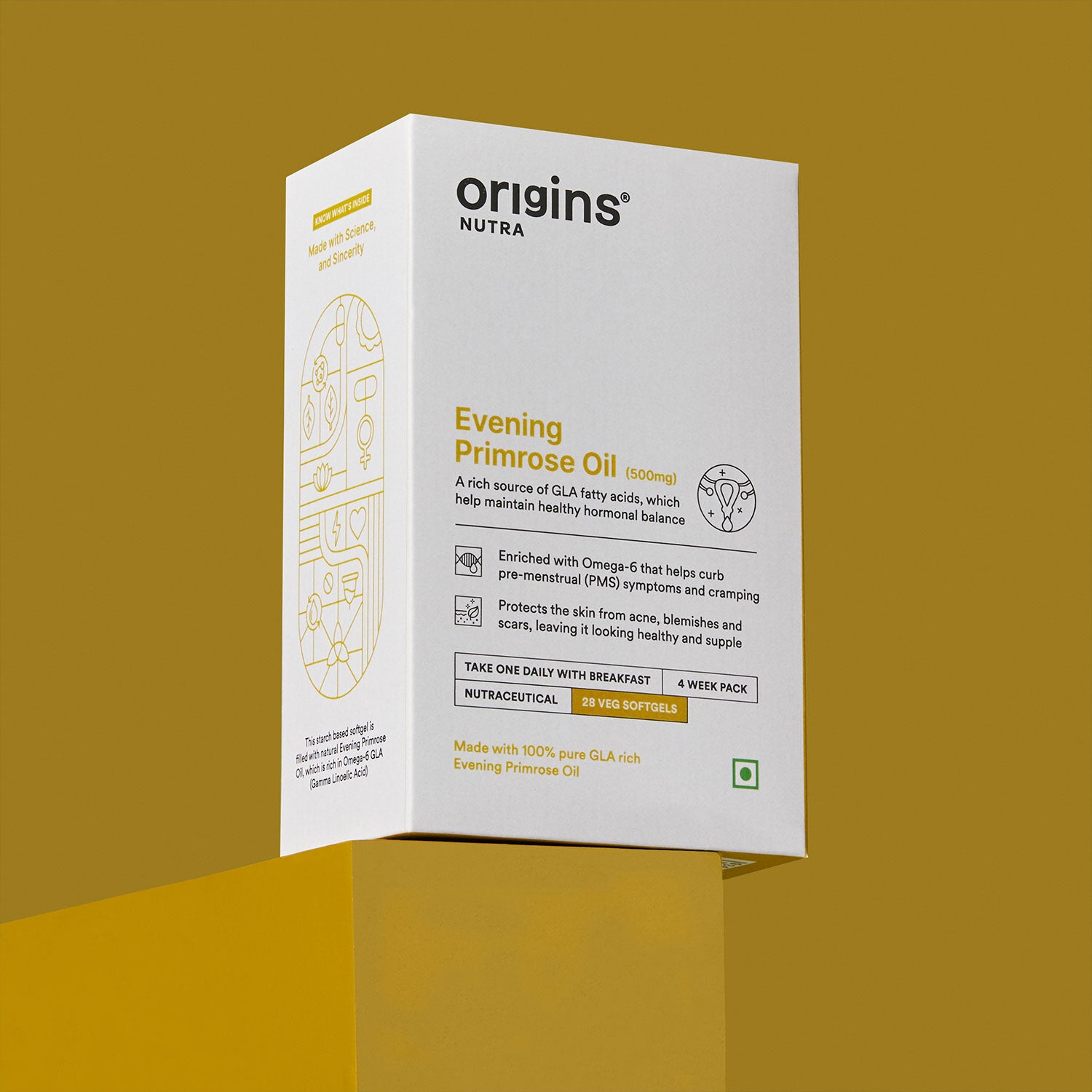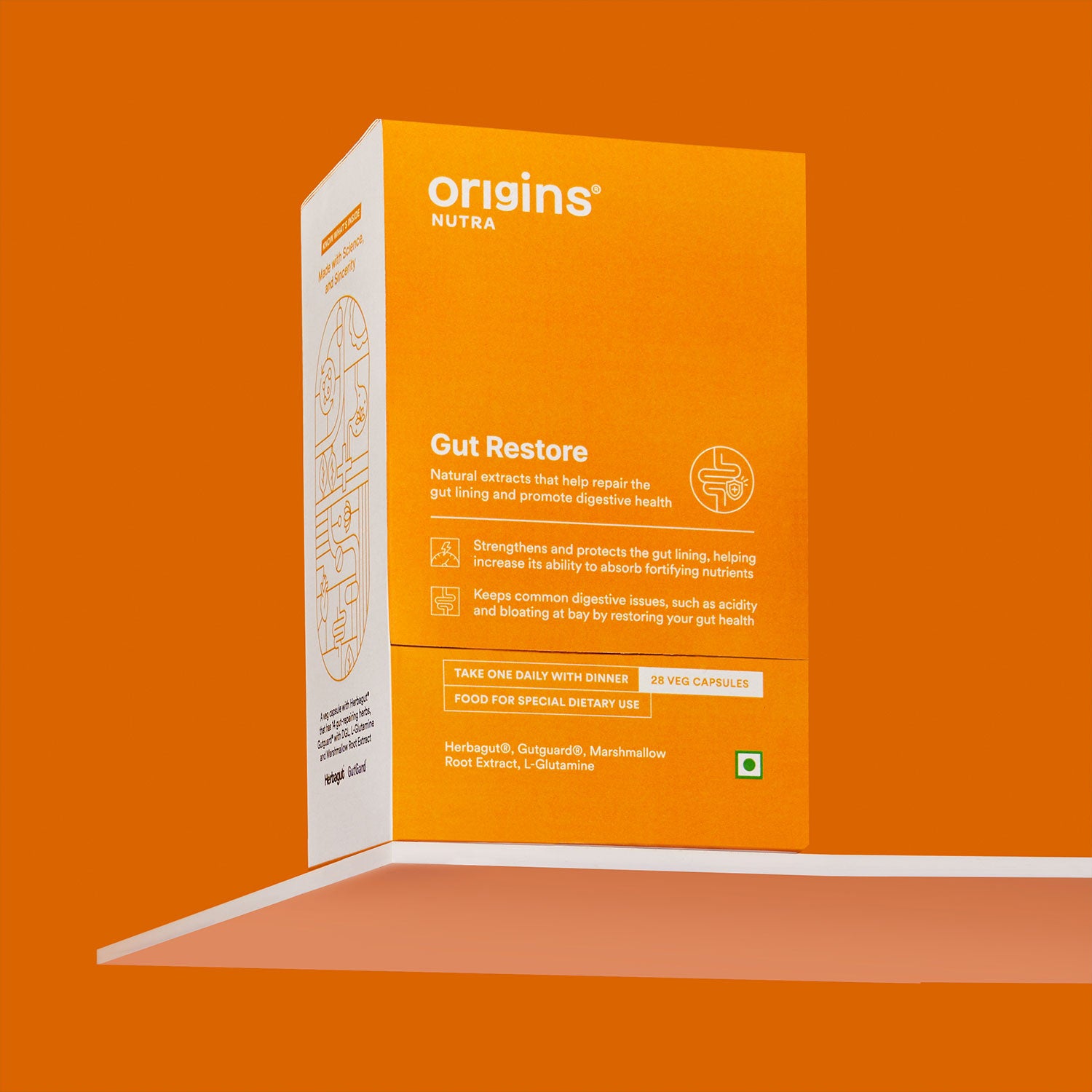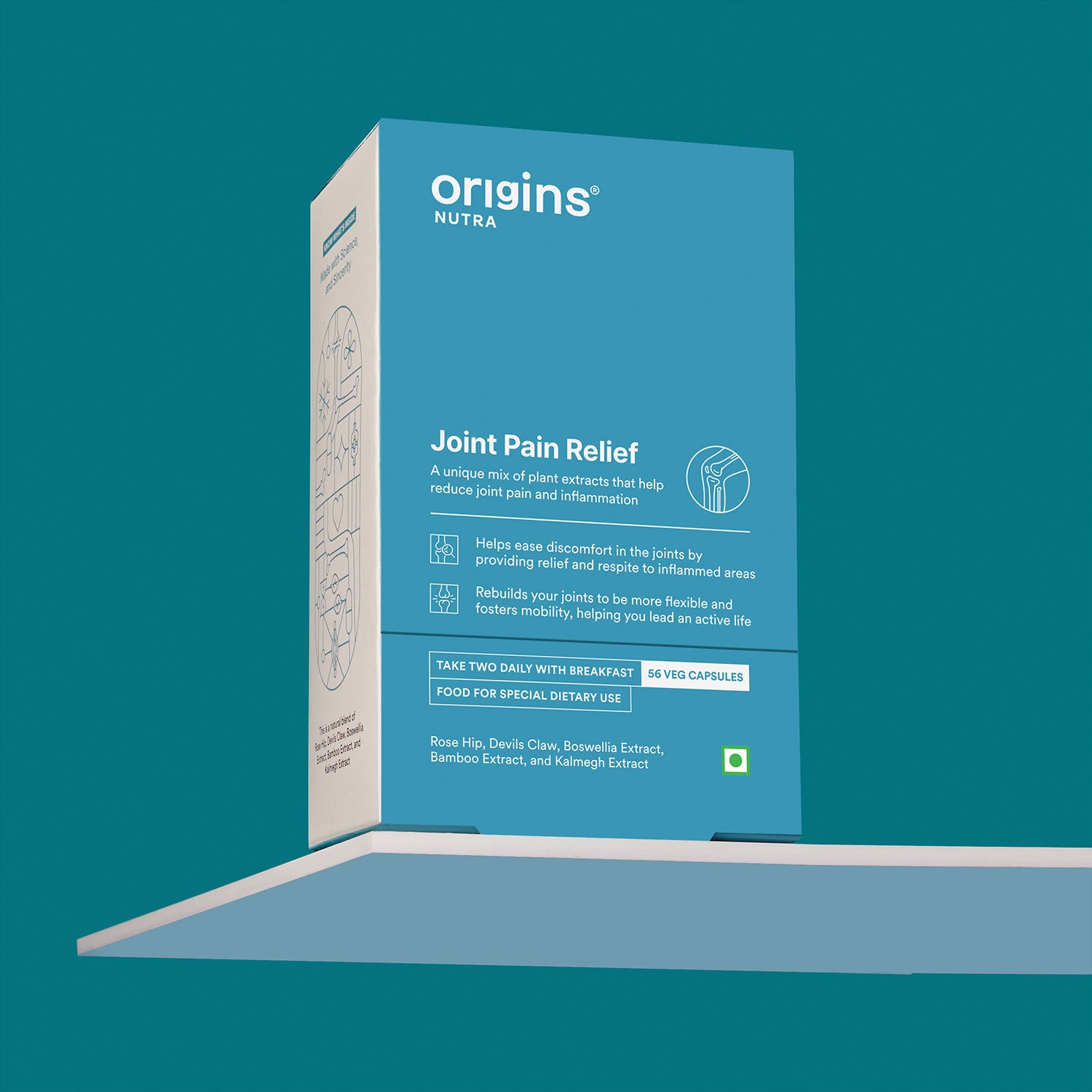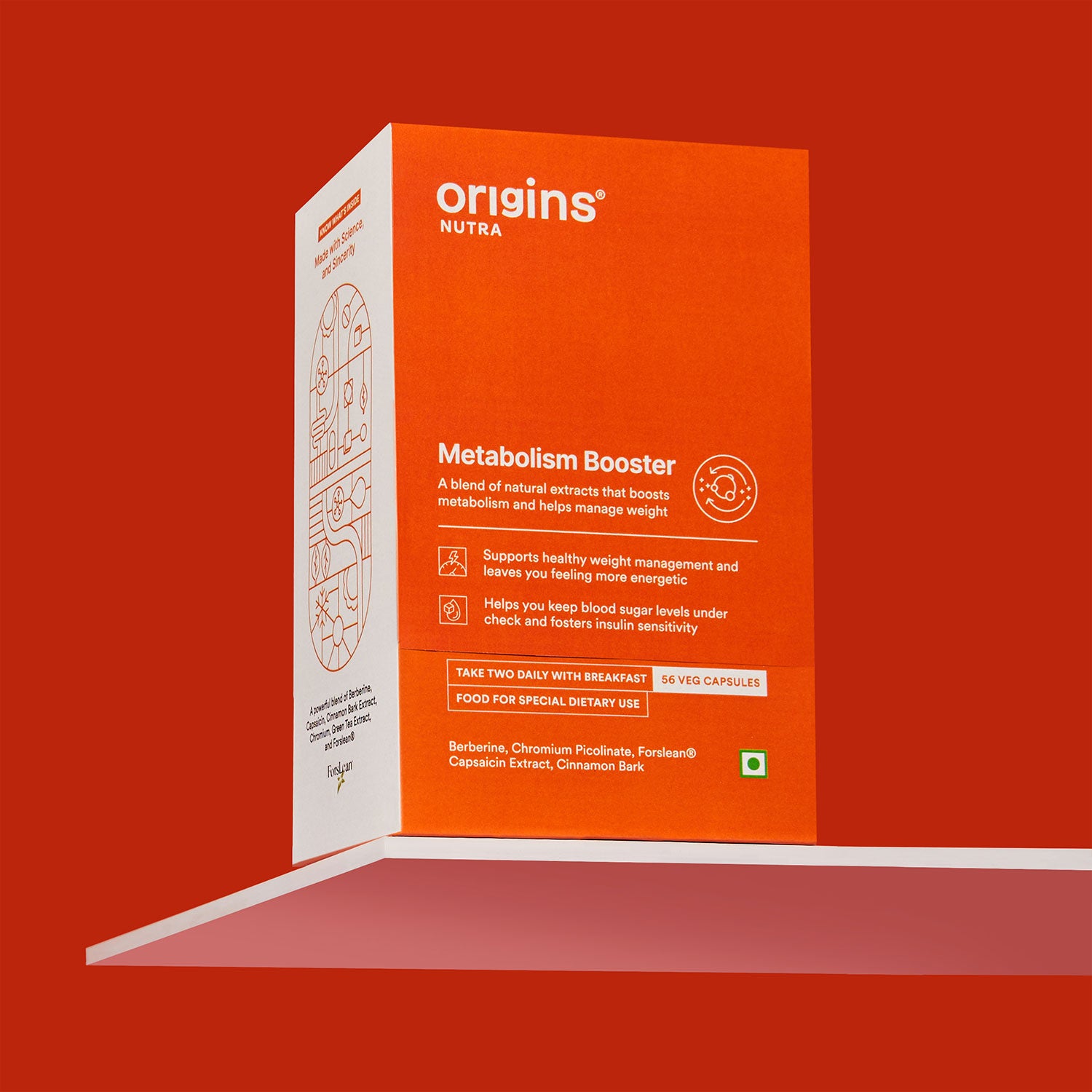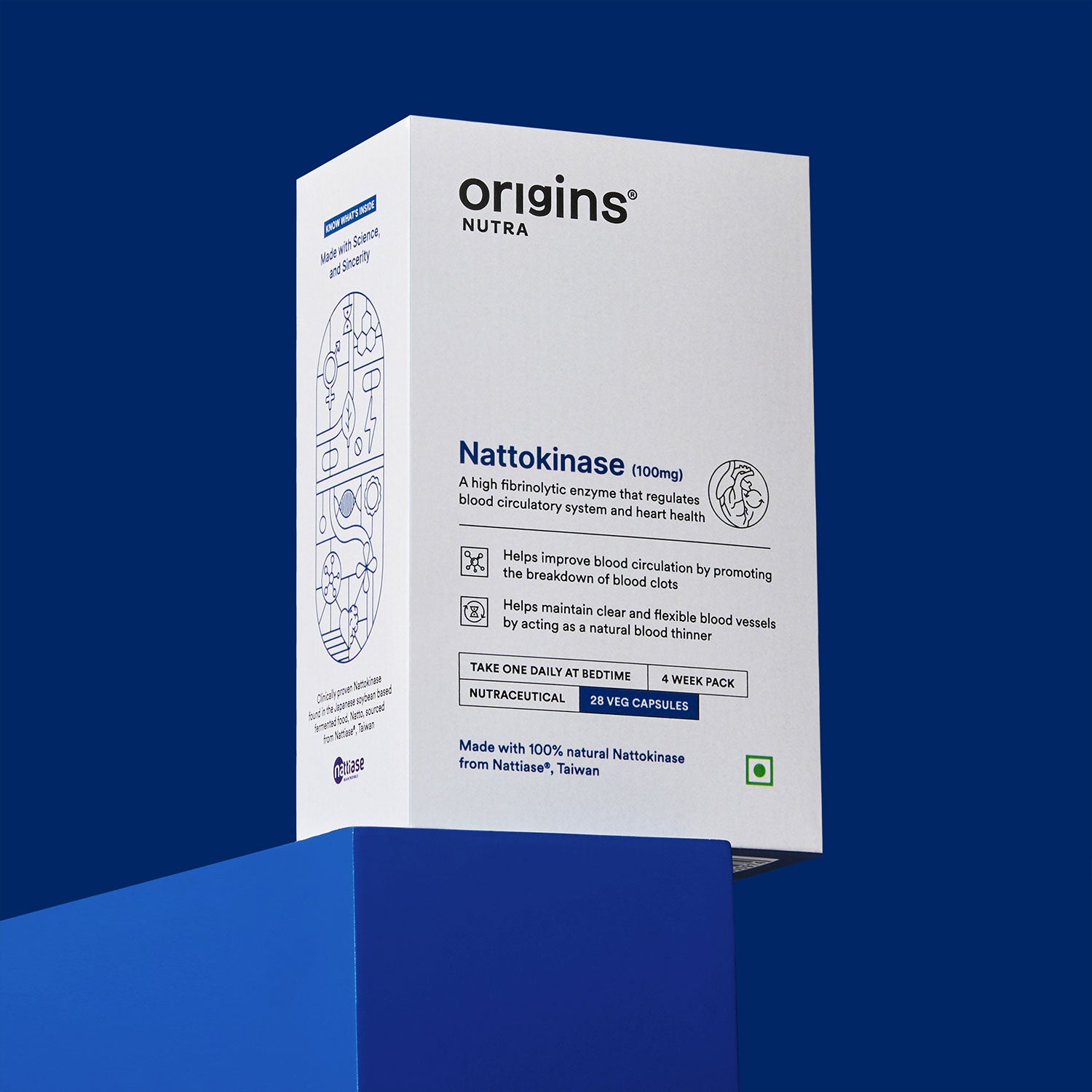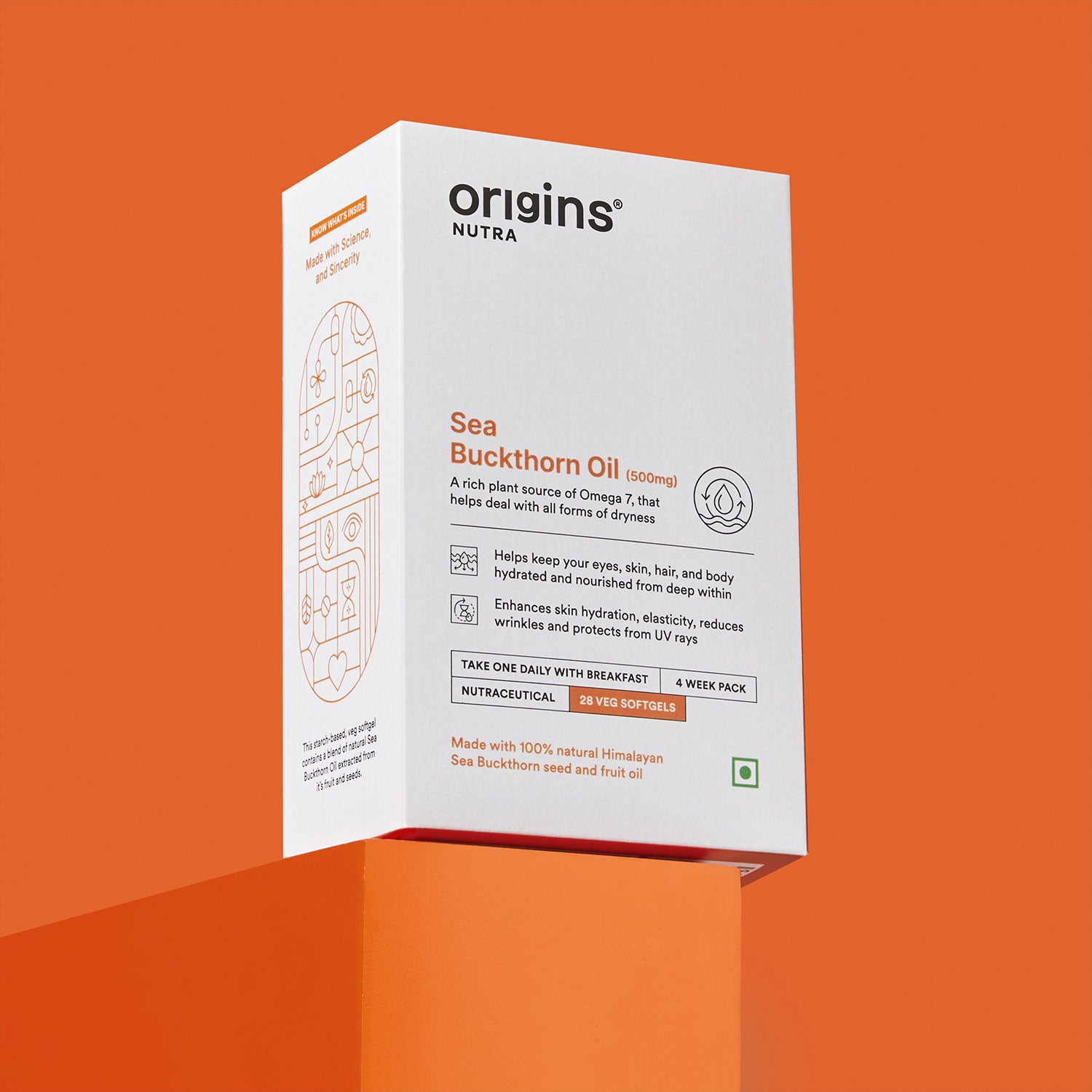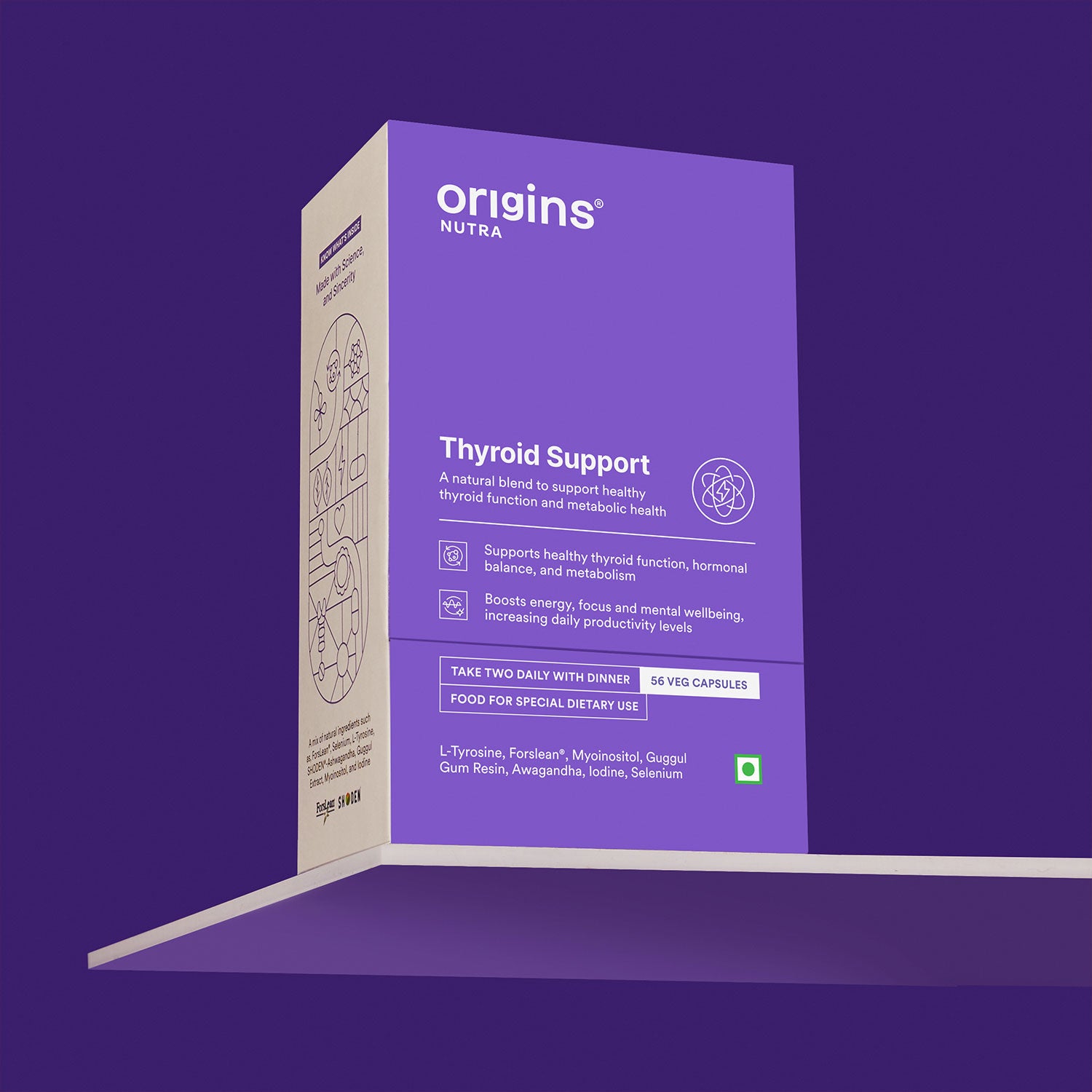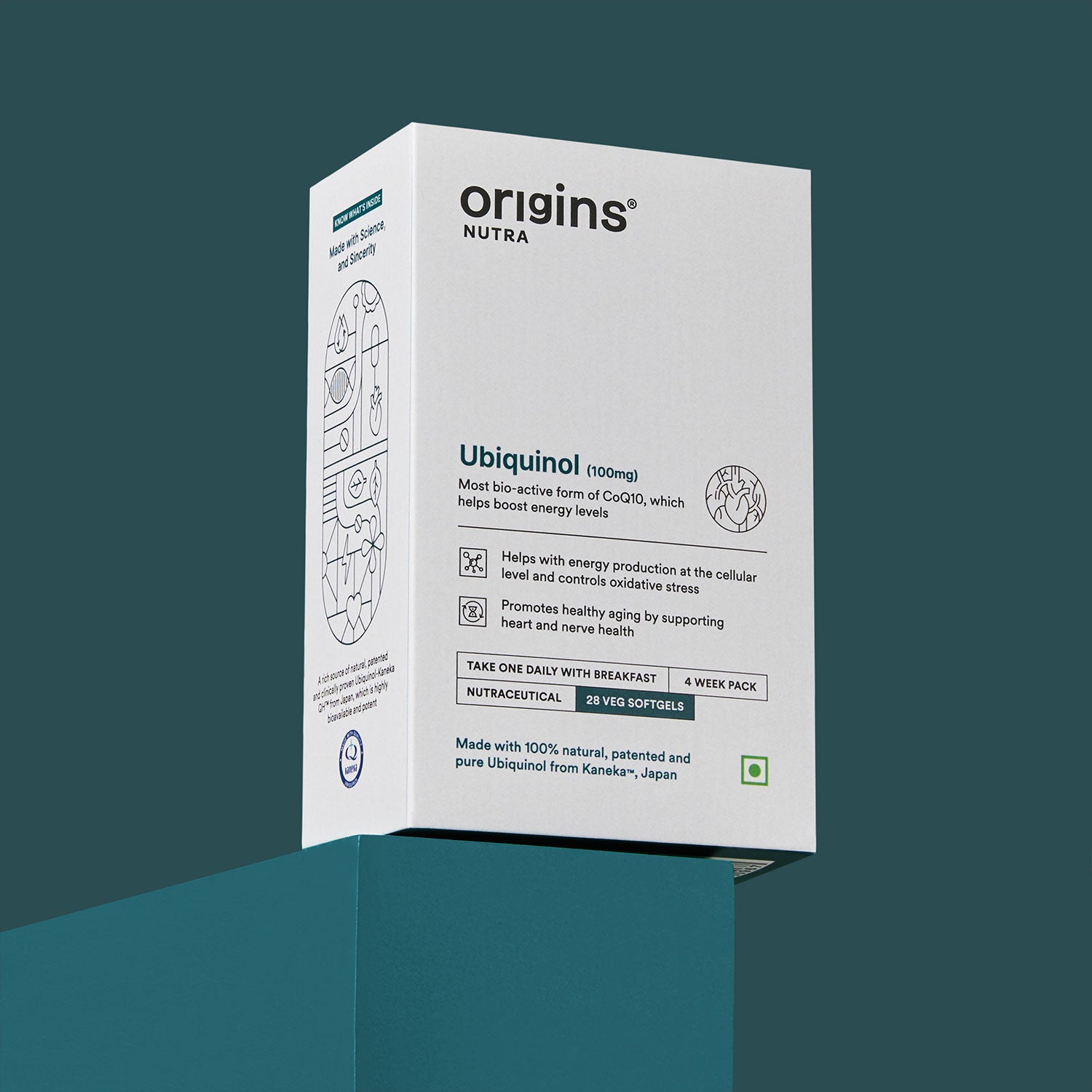Should You Take a Multivitamin? Here's What Science Says

Have you ever stare at a wall of supplement bottles, each one promising glowing skin, endless energy, and superhero immunity, and just feel... overwhelmed?
Same.
And yet, there’s this tiny voice in your head going, “Should I be taking something? Am I missing out? Is a multivitamin even worth it?”
Let’s clear the confusion.
No fear tactics. Just the facts, and how they apply to you.
By the end of this, you’ll know exactly what a multivitamin does, who might benefit, and how to actually pick a good one (because wow, the options are wild out there).
First up: What is a multivitamin, really?
Think of it like a support for your diet.
It’s a blend of essential vitamins, minerals, and sometimes a few bonus ingredients (like antioxidants or botanical extracts), all packed into one capsule or tablet. The goal? To fill the tiny nutrient gaps that happen when life gets... well, lifey.
“But I eat well. Do I really need one?”
Let’s be honest. Most of us:
-
Skip meals
-
Grab quick snacks between Zoom calls
-
Rely on coffee to push through the afternoon
Add in stress, workouts, less-than-perfect sleep, and modern food that’s just not as nutrient-rich as it used to be, and suddenly your daily needs can start to outpace what your diet alone can offer.
What does a multivitamin actually do?
Let’s break it down in simple terms:
Keeps your energy steady
B-vitamins, iron: These are the MVPs behind converting food into fuel. When they’re low, you feel low.
Helps your immune system show up
Vitamins A, C, D, and zinc: They don’t stop colds from happening, but they help your body respond more effectively during times of immune stress.
Supports your mood & brain
Folate, B12, choline: They don’t directly boost mood or hormones, but they support brain chemistry and help your body maintain emotional balance, mental clarity, and hormonal health.
Takes care of your bones, muscles & heart
Vitamin D, K2, calcium: Not just for bones, these are key for your heart rhythm, muscle recovery, and blood pressure too.
Look out for your skin, hair & nails
Zinc, biotin, and vitamin E: these support collagen, reduce oxidative stress, and help you feel like your best self on the outside too.
Who actually benefits from taking one?
Here’s the thing: not everyone needs a multivitamin, but many of us can benefit from one, especially if any of these sound familiar:
-
You eat on-the-go more than you’d like to admit
-
You’re vegan, or cutting out major food groups
-
You’ve been super stressed or not sleeping great
-
You’re working out hard and often
-
You’re over 40 (yup, absorption starts to slow)
Basically, if your lifestyle isn’t picture-perfect, a well-formulated multi can help your body fill in the gaps.
So, is a multivitamin the fix?
Not really .. and it’s not trying to be.
A multivitamin isn’t meant to replace real food. But it is solid support. The kind that steps in when life gets hectic.
It supports your body by helping cover the small but real nutrient gaps that show up even in a well-intentioned diet.
So no, it’s not a replacement, but it’s steady, reliable support when your routine isn’t perfect. And let’s be real: whose is?
Not all multis are made equal - here’s what to look for:
If you’re going to invest in your health, do it smartly. Check for:
-
Better nutrient forms: Things like methylated B12, chelated minerals, and bioavailable D3
-
Reasonable dosages: You don’t need mega-doses of everything. Look for balanced amounts, more isn’t always better.
-
Clean label, transparent sourcing
-
No conflicting nutrients: A good multivitamin ensures nutrients work with each other, not against each other.
- Fat-soluble vitamin absorption: A soft gel or capsule with oil as the carrier, which helps your body absorb key nutrients like vitamins A, D, E, and K more effectively.
-
Gender-specific formulation: Men and women have unique health needs, whether it’s hormonal balance, bone health, or metabolic support. The right multivitamin includes not just tailored nutrients, but also gender-relevant herbal extracts that support those specific areas.
“But don’t you just pee most of it out?”
You do pee out what your body doesn’t need at the moment, especially water-soluble vitamins like B and C.
But that doesn’t mean they’re useless. It just means your body took what it needed in that window.
Think of it like hydration, you don’t stop drinking water just because you’ll eventually pee. You do it because your body needs steady access to stay balanced.
So… should you take one?
Here’s a better question:
Are you giving your body the tools it needs to show up for you, every day, through every season of life?
If you’re not sure, a well-made multivitamin can be an easy, effective place to start. It’s not a replacement for healthy food, good sleep, or moving your body.
But it’s a solid sidekick. A little daily insurance policy for your health.
TL;DR: let’s wrap it up:
-
Multivitamins are support, not a shortcut
-
They help fill real-life gaps, especially with stress, age, or restricted diets
-
A good one is clean, bioavailable, and thoughtfully dosed
-
You don’t have to take one, but if life’s been hectic? It might really help
We Know You Have Questions: Let’s Answer Them!
We get it, you’ve got questions. And we're here to give you the answers! Check out some of the most common queries we get about multivitamins:
Is it good to take a multivitamin every day?
Yes, taking a multivitamin daily can help fill nutrient gaps in your diet, supporting energy, immunity, and overall health. It’s not a replacement for food, but it’s a great way to ensure your body gets the vitamins and minerals it needs consistently.
When is the best time to take a multivitamin?
Take your multivitamin with a meal to enhance absorption, especially for fat-soluble vitamins (like A, D, E, and K). The timing can depend on your routine, but consistency is key.
Does taking a multivitamin increase weight?
No, multivitamins don’t cause weight gain. They provide essential nutrients without adding calories. They support your overall health, which may help with energy and metabolism.
We love hearing your questions! Keep them coming in the comments section below, we’re here to help you cut through the noise, simplify the science, and support you with the tools that actually make sense for your life.

